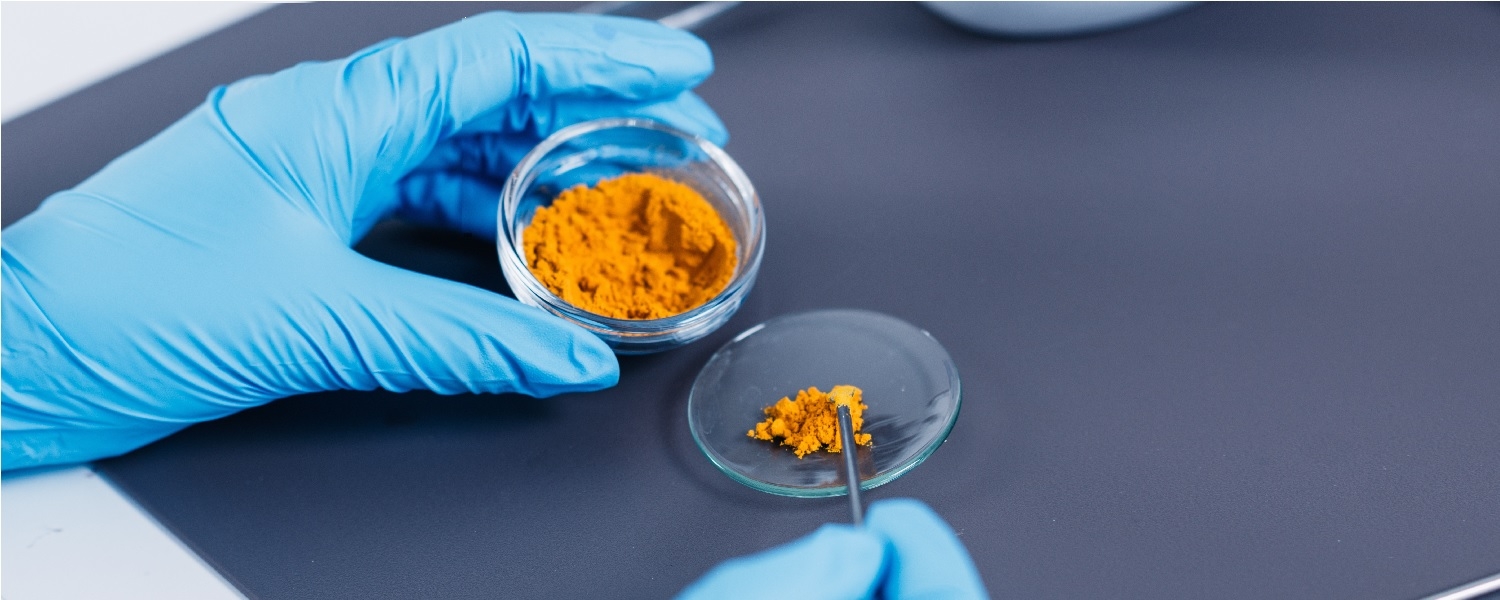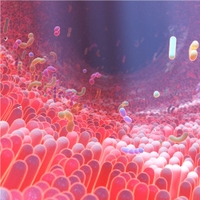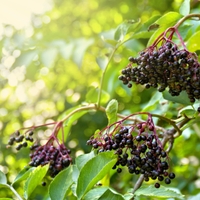
Curcumin improves recovery time in COVID-19 patients
Published in Phytotherapy Research, the findings of a recent clinical trial indicate that curcumin may improve the recovery time of hospitalised patients with mild-to-moderate coronavirus disease-19 (COVID-19) (1).
In the open-label non-randomised clinical trial, 41 inpatients diagnosed with mild-to-moderate COVID-19 based on PCR test, lung CT, and clinical signs and symptoms were assigned to either a nano-curcumin group (n=21) or a control group (n=20). The nano-curcumin group received two capsules twice daily containing 40 mg curcuminoids as nanomicelles for 2 weeks. Patients in both groups received standard care, with no significant difference between the nano-curcumin and control group regarding standard treatment (1).
Compared to the control group, the nano-curcumin group had faster resolution of symptoms including fever and chills, cough, tachypnoea, and myalgia, and significantly higher lymphocyte counts after 1 week and at discharge.
Atrial O2 saturation (SaO2) was significantly higher in the nano-curcumin group after 2, 4, 7, and 14 days of follow-up. The length of supplementation oxygen use and hospitalisation was significantly shorter than the control group.
Nearly half of the patients (47.62%) in the nano-curcumin group experienced complete recovery, including full symptom resolution and normalisation of CRP, SaO2 and lymphocyte count, compared to 15% in the control group.
In the nano-curcumin group, no patients experienced a deterioration of infection during the 2-week follow-up period, but 40% of the control group did. No significant adverse reactions were reported in the nano-curcumin group (1).
As an anti-inflammatory, curcumin has potent inhibitory effects on NF-κB, and several proinflammatory cytokines, including interleukins IL-1, IL-6, and TNF-α. These anti-inflammatory effects may mitigate the pathophysiological and clinical features of COVID-19 (2,3,4). Furthermore, curcumin has antioxidant, immunomodulatory, anticoagulant, and anti-viral effects (2,3,5).
Acute respiratory distress syndrome (ARDS) causes pulmonary fibrosis and is the leading cause of COVID-19 mortality, mostly due to cytokine storm induced by the severe acute respiratory syndrome coronavirus 2 (SARS-CoV-2) (6,7). Experimental studies indicate that curcumin can modulate the inflammatory response in viral-induced acute respiratory distress syndrome and suppress pulmonary inflammation, fibrosis, and oedema (8,9).
Curcumin has demonstrated activity against numerous viruses, including influenza and other coronaviruses, by interfering with viral replication cycle, penetration, and cellular signalling (5,10). Recently, curcumin has been shown in silico studies (computer simulations) to prevent the entry of the SARS-CoV-2 into cells, by binding to viral proteins and viral attachment sites of ACE2 receptor, as well as inhibiting viral replication (11,12,13).
The current study is the first human clinical trial to evaluate curcumin efficacy and safety in COVID-19 infection. Results suggest curcumin can significantly improve recovery time from mild-to-moderate COVID-19 infection. Further high-quality, double-blind, randomised controlled trials with larger sample size are required to assess the study's clinical significance, particularly in patients with a more severe form of infection.




